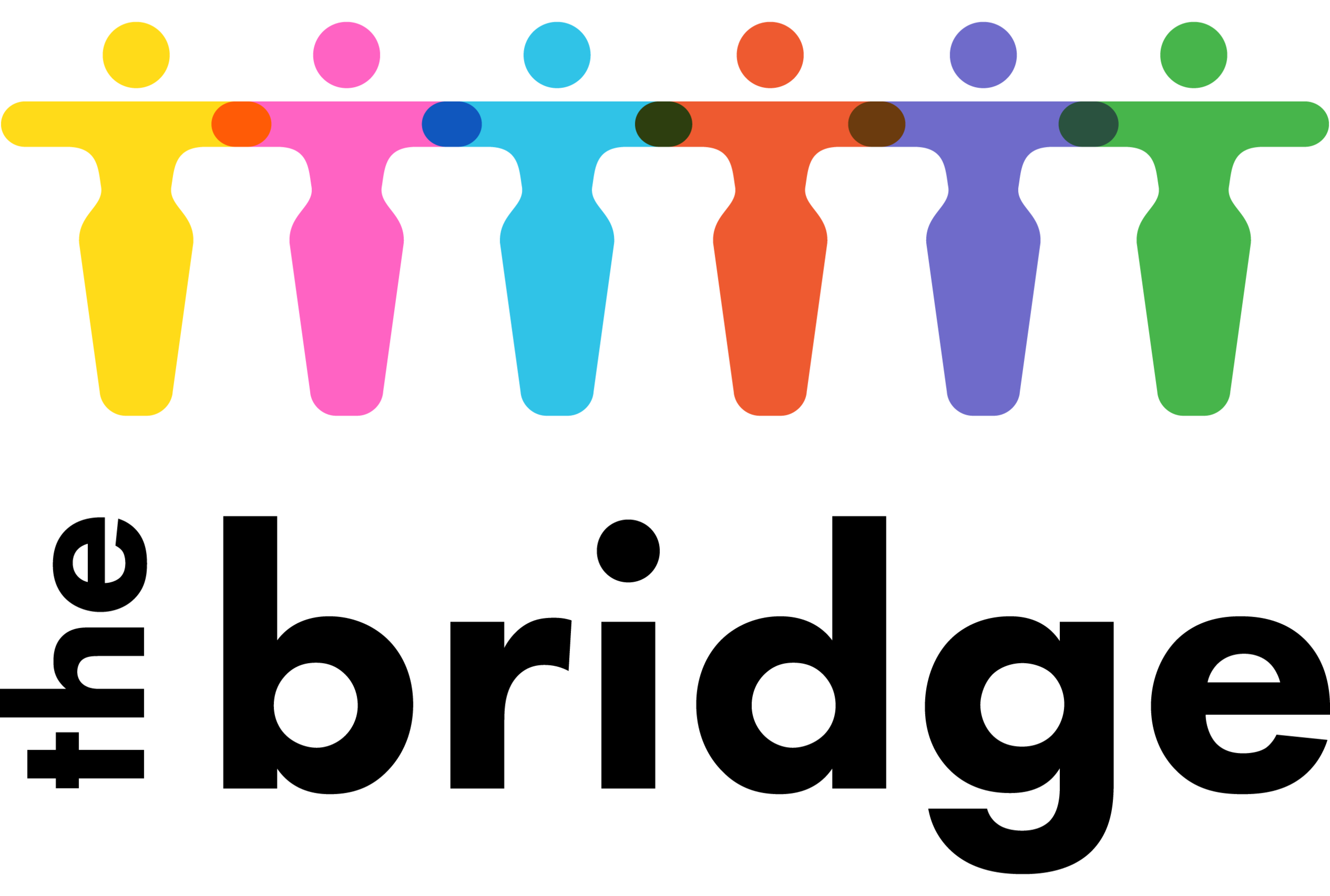Inequalities in Black maternal health
Written by Tash Binnie.
The UK has one of the highest maternal mortality rates in the world and despite the Government and NHS saying they want to reduce it, little progress has been made; with maternal mortality increasing by 3% since 2010.
Moreover, there are huge variations in maternal mortality between ethnicities; Black women are almost four times more likely to die from pregnancy or childbirth, and there are significant disparities also existing for women of Asian and mixed ethnicities. According to the Office for National Statistics (ONS), in 2021 the death rate of black babies before or during birth sits at 6.9 stillbirths for every 1,000 births registered, compared with 3.6 for every 1,000 white babies.
Why do these ethnic disparities exist?
The causes are still not fully understood but there are many possible reasons including:
Socio-economic factors: women living in the most deprived areas are 2.5 times more likely to die than those from the least deprived areas. There’s also an overlap between high deprivation and ethnic minority background. The ONS found that a high number of babies from Black, Asian and ‘Any Other’ ethnic groups were born in the most deprived areas.
Ignorance, bias, microaggressions and racism impacting on the care women receive: Research by Five X more found that over 42% of women reported feeling discriminated against during their maternity care with race being one of the most common reasons.
Pre-existing health conditions and co-morbidities: Black and Asian women may be more at risk of such as diabetes and high blood pressure. However, it is important to not focus only on physiological factors which can mistakenly place the blame on women.
What is being done to address these inequalities?
Educating and training healthcare professionals about these inequalities and to challenge prejudices or assumptions based on race.
Implementing continuity of care for women from ethnic minorities and those living in deprived areas. This means that the midwife or clinical team would be the same throughout pregnancy, labour and postnatal period. However, this may not be possible all the time with the current NHS workforce crisis.
The Maternity Disparities Taskforce which was set up last year and brings experts together to consider and address the inequalities for women and babies from Black and Asian ethnic backgrounds and those from the most deprived areas.
£6.8 million of funding and guidance for local maternity systems to set up and implement their equity and equality action plans.
References
MBRRACE-UK. Saving Lives, Improving Mothers’ Care: Lessons Learned to inform maternity care from the UK and Ireland Confidential Enquiries into Maternal Deaths and Morbidity 2018-20 https://www.npeu.ox.ac.uk/mbrrace-uk/presentations/saving-lives-improving-mothers-care [Accessed 25/05/23].
House of Commons Women and Equalities Committee. Black maternal health. https://committees.parliament.uk/publications/38989/documents/191706/default/ [Accessed 15/05/2023].
The Office For National Statistics (2021) https://www.ons.gov.uk/peoplepopulationandcommunity/birthsdeathsandmarriages/livebirths/bulletins/birthcharacteristicsinenglandandwales/2021 [Accessed 25/03/23].
Resources and links
Below are links to resources and organisations which support women who have experienced loss of a baby:
Tommy’s - https://www.tommys.org/
Sands - https://www.sands.org.uk/
Teddy’s wish - https://www.teddyswish.org/
The Lilly Mae Foundation - https://www.lilymaefoundation.org/
Aching Arms - https://www.achingarms.co.uk/
Five X More - https://www.fivexmore.com/
At The Bridge, we recognise the impact that structural inequalities have on health and wellbeing - but that there’s more we can be doing to raise awareness of and help to address these inequalities. We run our Drop In Coffee Morning every Wednesday from 10:00-11:00. Open to all women and providing free tea and coffee, this is a safe space where the community can discuss topics that matter to them and support one another.
About Tash
Tash recently graduated from medical school and is the founder of Future Frontline, a not-for-profit organisation running free events and workshops for healthcare students and professionals to support them and widen participation in healthcare degrees and careers.
She always uses her social media channels to share her mental health lived experience and her journey to becoming and being a Doctor. Follow Tash on Instagram @tashbinnie.
